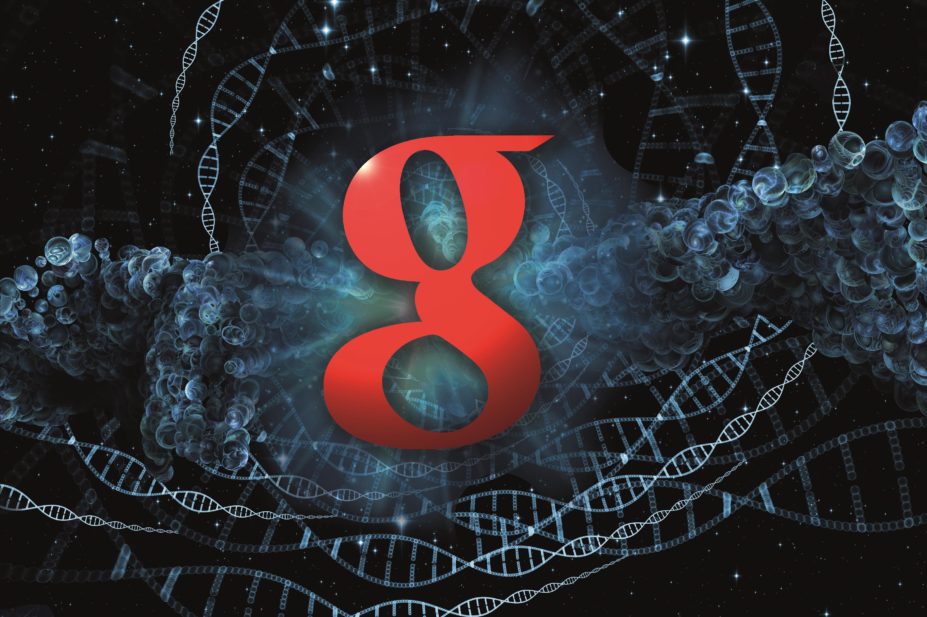
Shutterstock.com
Google is developing technology that combines ingested disease-detecting nanoparticles with a wrist sensor and could be used to monitor for early signs of cancer, impending heart attack and stroke, and kidney disease.
The magnetic nanoparticles would be ingested via a tablet or capsule and bind to, for example, a cancerous cell. They could then be attracted to a single point in the body, such as the superficial vasculature of the wrist using a magnet-containing wrist band, and readings taken. Alternatively, the nanoparticles could be adapted to detect enzymes released by atherosclerotic plaques about to rupture, or to predict renal disease by changing colour in reaction to hyperkalaemia.
Google scientists are studying various non-invasive techniques, such as light and radio waves, for detecting and counting the particles. The work is at an early stage, but the company hopes to license the technology out to others.
This is just the latest of several healthcare initiatives developed by Google X, the Silicon Valley subsidiary that aims to improve technologies by a factor of ten and develop “science fiction-sounding solutions”. Other recent developments include a smart contact lens that monitors glucose levels and an anti-tremor spoon for patients with Parkinson’s disease. The smart contact lens uses a tiny wireless chip and miniature glucose sensor to illuminate LED lights in the lens when glucose levels reach a threshold. And the spoon incorporates the image stabilisation technology used in cameras to cancel out hand tremor by up to 70%.
Google co-founder Sergey Brin’s personal interest in health issues is said to be triggered by the results of a genetic test that revealed he is at increased risk of developing Parkinson’s. Fellow co-founder Larry Page, who himself has been diagnosed with vocal cord paralysis, has said he hopes people will overcome privacy fears to make their medical records available to researchers.
Non health-related projects that Google X boffins are working on include the self-driving car, Project Loon (which aims to deliver internet access for all via a network of balloons in the stratosphere), Project Wing (a drone delivery system), and Project Glass (an augmented reality head-mounted display). However, some schemes are too far-fetched even for these blue sky thinkers. Ideas considered but rejected include a space elevator (unfeasible), a hoverboard (too costly), and a user-safe jetpack (too loud and energy-wasting).
Meanwhile, Google spin-off Calico, which is led by Apple chairman Arthur Levinson, is considering the original health conundrum in its focus on “health and wellbeing, in particular the challenge of ageing and associated diseases”. There are apparently few details about how the firm will tackle ageing, although it is expected that its huge databases will come in useful.


